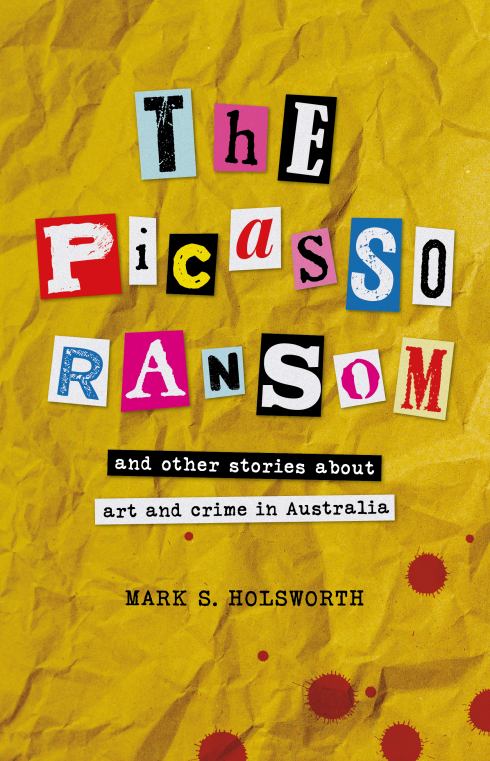Sculptor David Tucker for ‘A Local Girl Comes Home’ won the 57th Blake Prize for Religious Art. Hindu fertility goddesses inspire Tucker’s sculpture. It reminded me that I have seen art and exhibitions this year (and last) that have been influenced by other religions: Islam, New Age and Buddhist, but not Christian.
Contemporary Christianity now longer has the money to influence artists like it once did. Christianity has also lost the spiritual/philosophical/religious influence on the arts that it once had. Science, political theories and other religions now have a greater influence on the contemporary visual arts in Australia than Christianity. For example, RMIT gallery exhibited the “New Scientist Eureka Price for Science Photography”.
At the same time RMIT gallery had “Black Robe White Mist”, the art of Ōtagaki Rengetsu (1791–1875), a Japanese Buddhist nun, an artist, poet, calligrapher and potter. And Stephen McLaughlan Gallery showed Josie Telfer exhibition titled “Nine Waves” inspired by Zen Buddhism. The double layers of Telfer’s photographic images condense space and time in an attractive manner. The round glow of the moon creates a spotlight for a wave on a beach.
In contemporary art crucifixions are mostly blasphemous, piss-taking, jokes. Christianity is not an inspiration for contemporary art but a cultural chain to an ancient past impeding and restricting, often violently, current practice. Gordon Morrison, the Director of the Art Gallery of Ballarat is quoted in ‘Trouble’ (Sept.) that nudity is still taboo because of “that all-pervessiveness of the Juedo-Christian ethics that completely dominates us, for all of Norman Lindsey and what have you.’ (p.12)
Australian politicians still claim that Australia is a Christian culture but that requires both sophistry and the manipulation of statistics. It is clear that Christianity still has political influence in Australia and that historically it dominated the colonial era and early 20th Century. If Australia is a currently a Christian culture is odd that this is not evident in contemporary visual arts.


What are your thoughts?